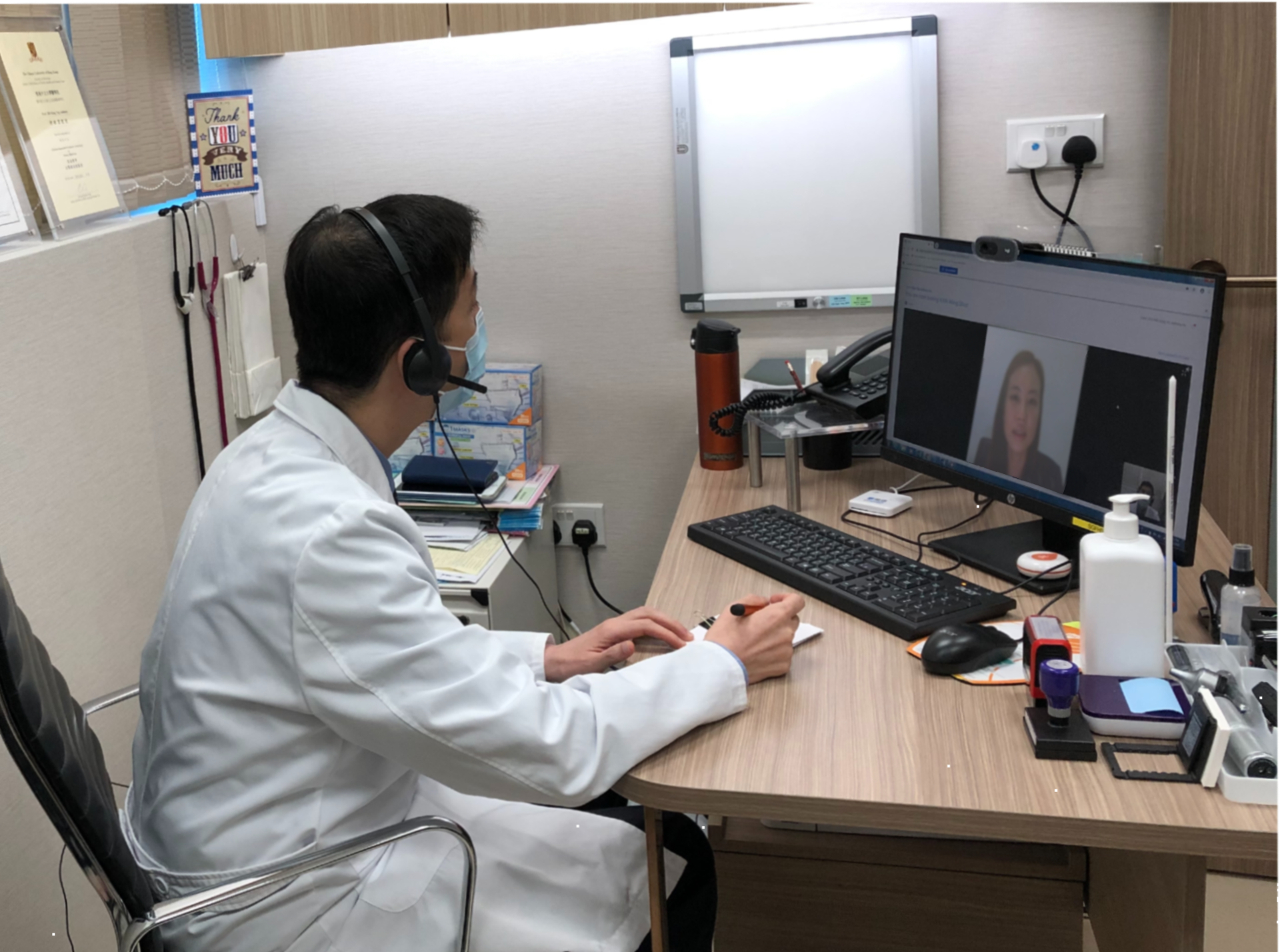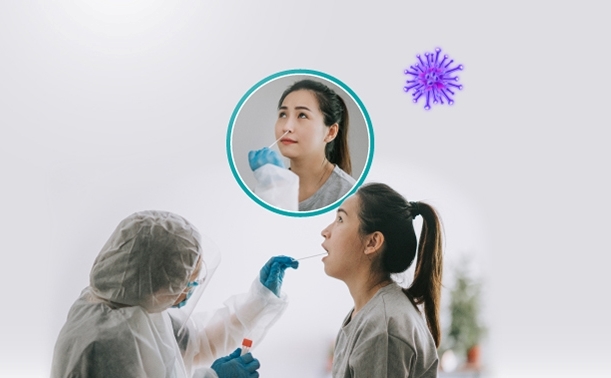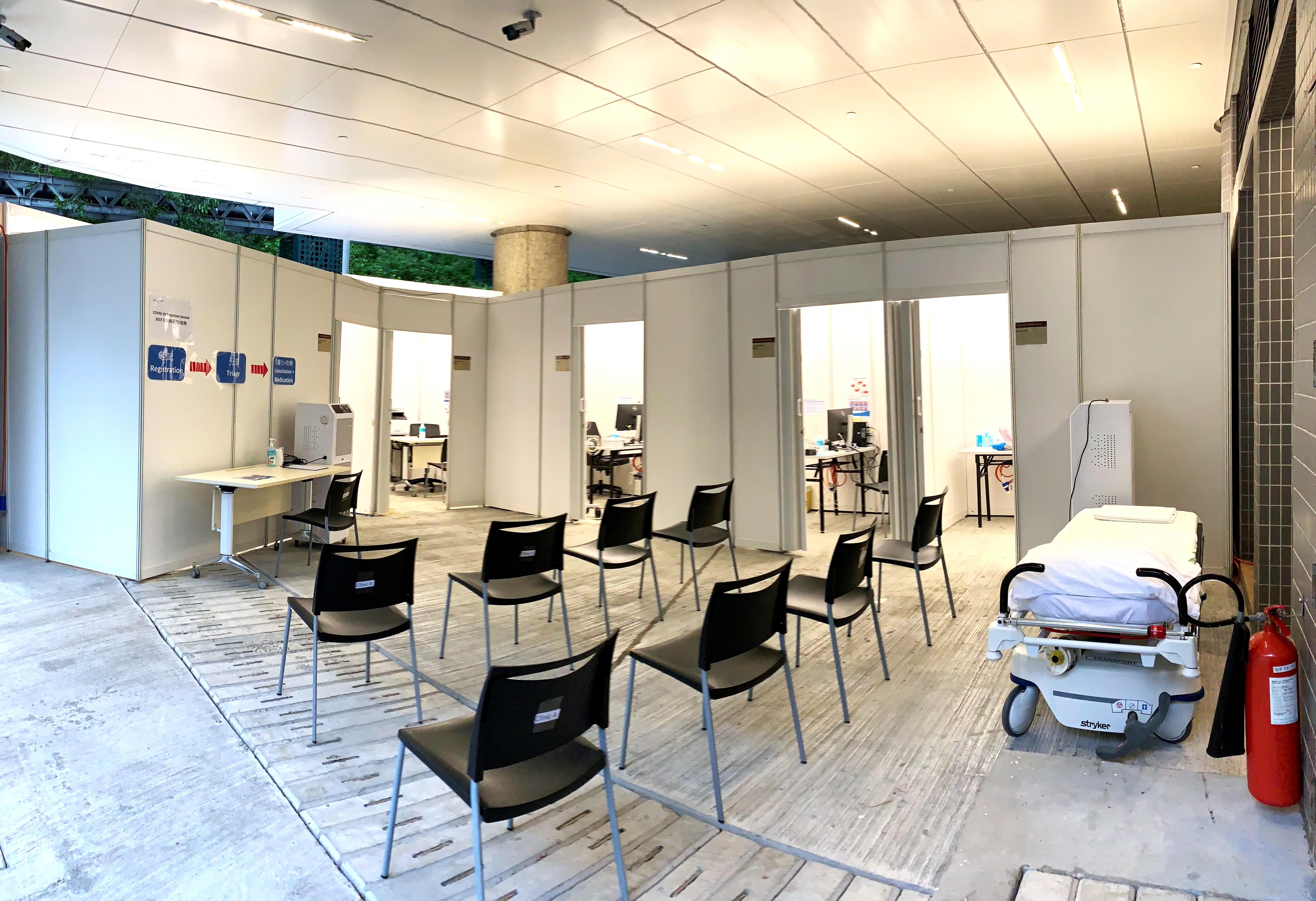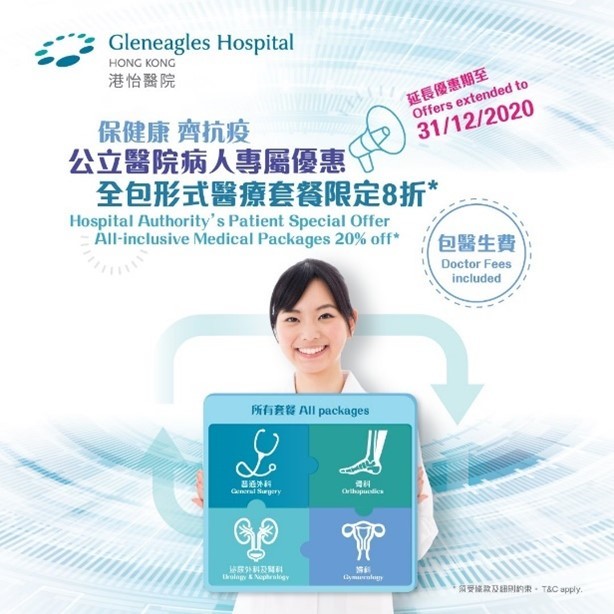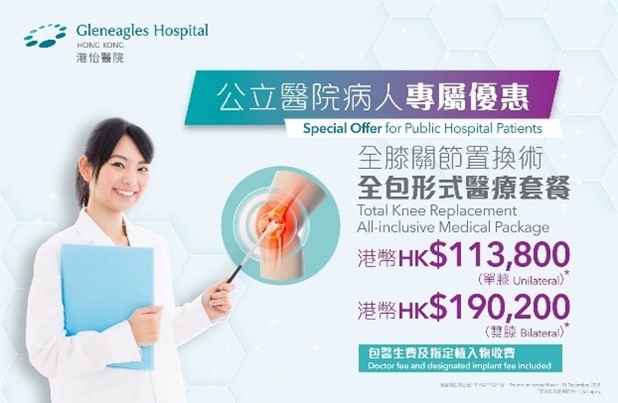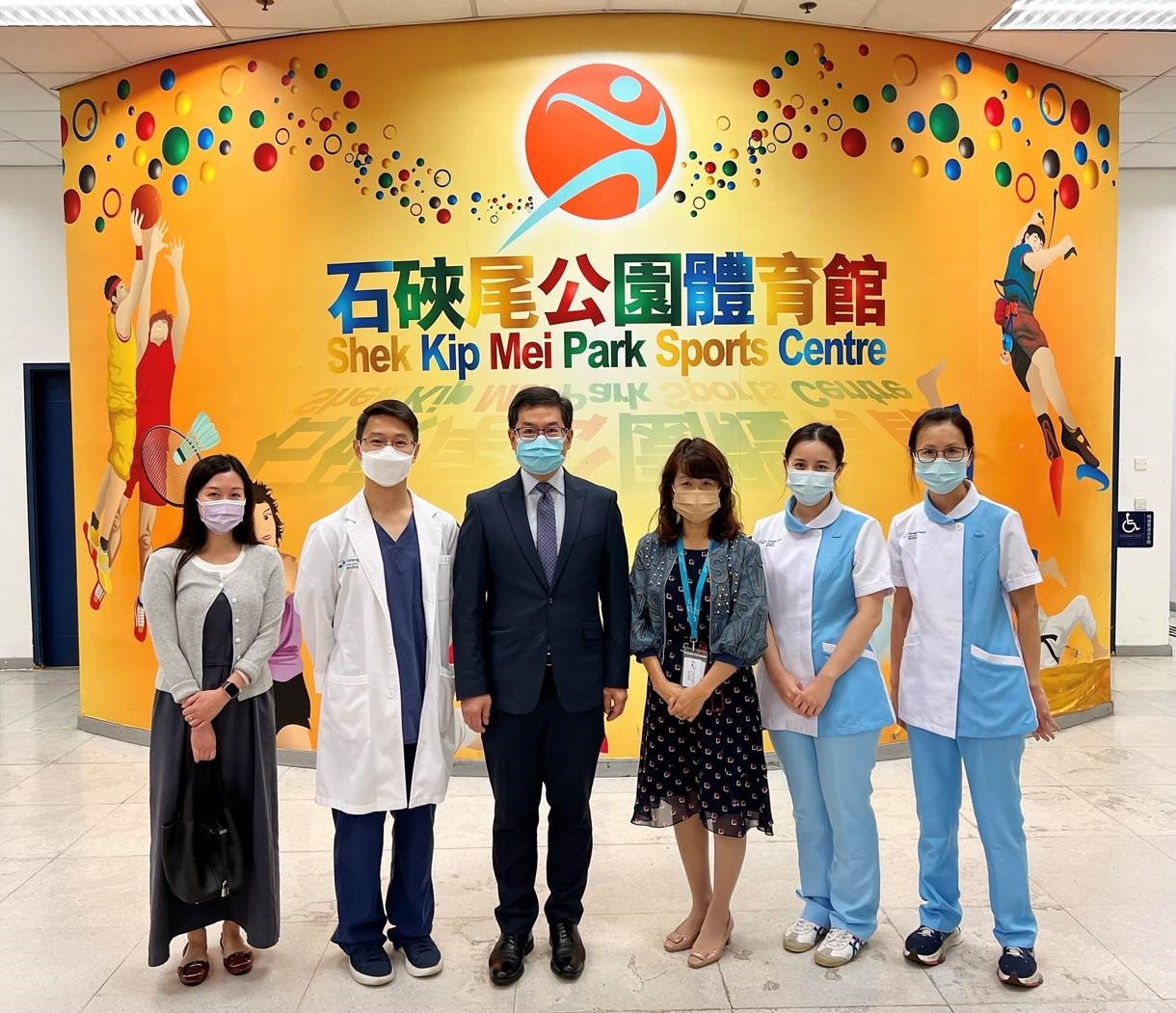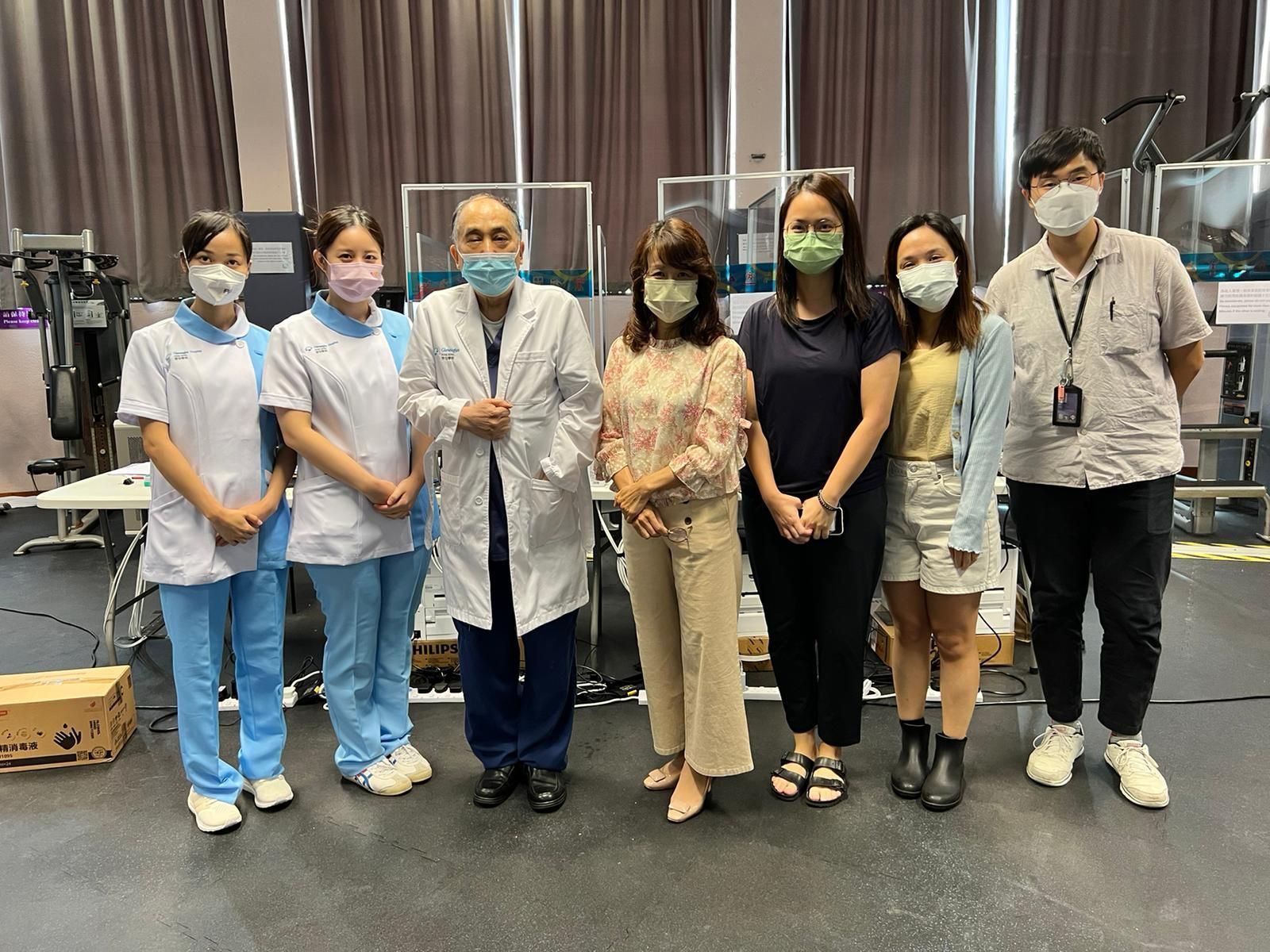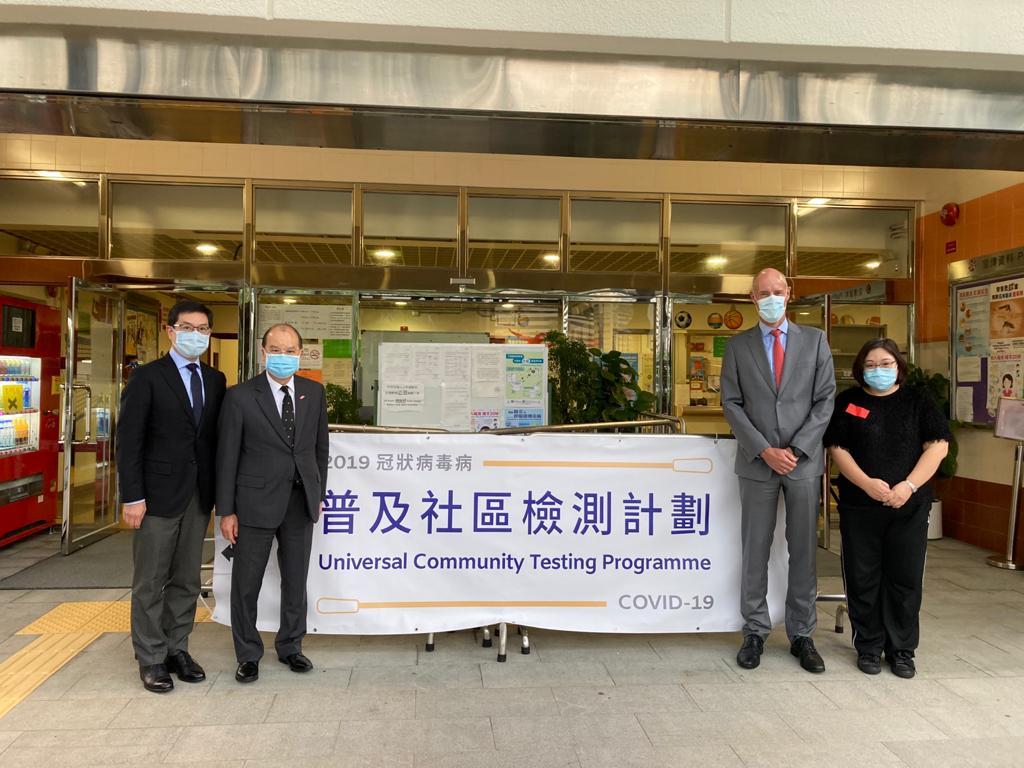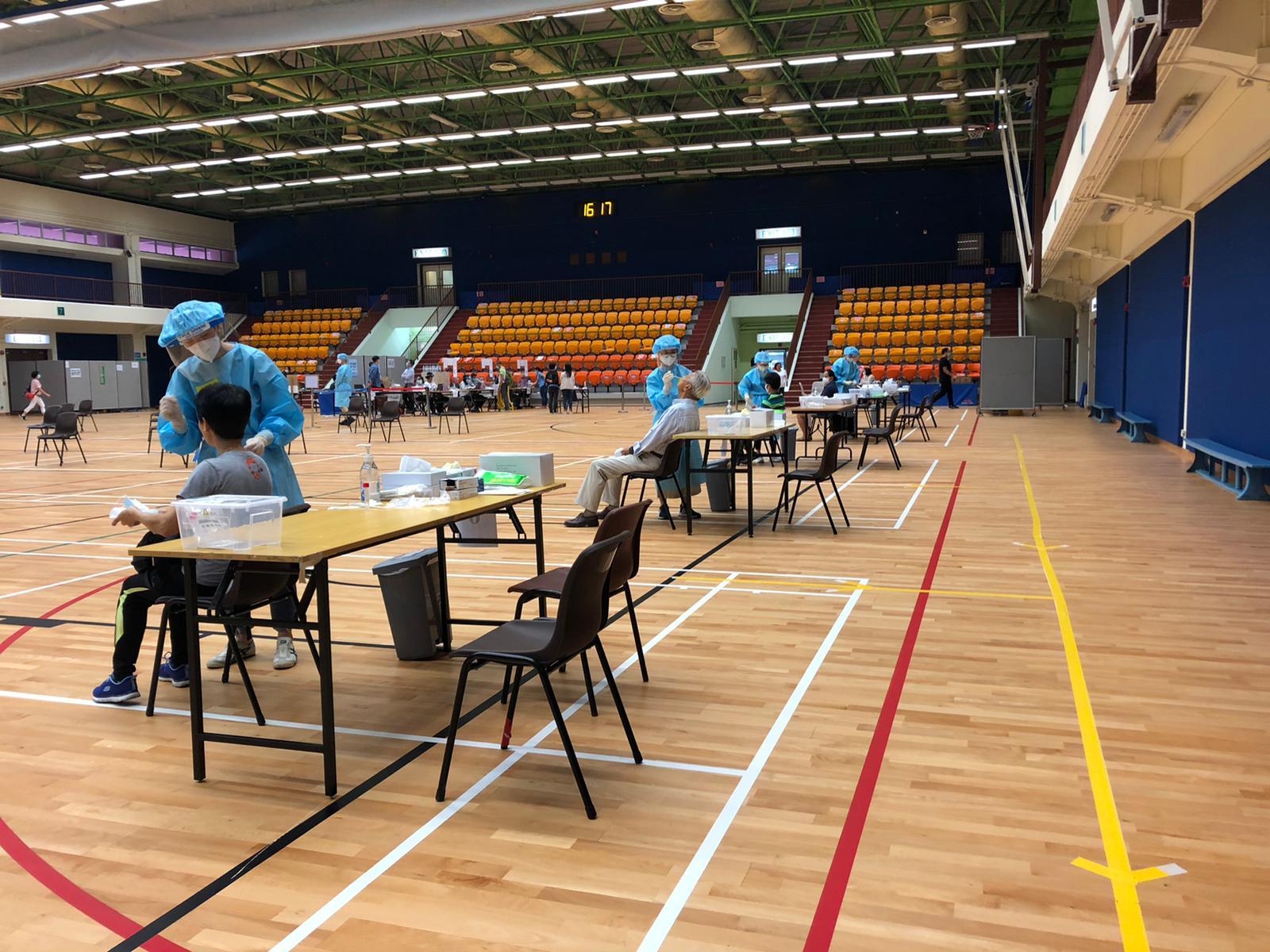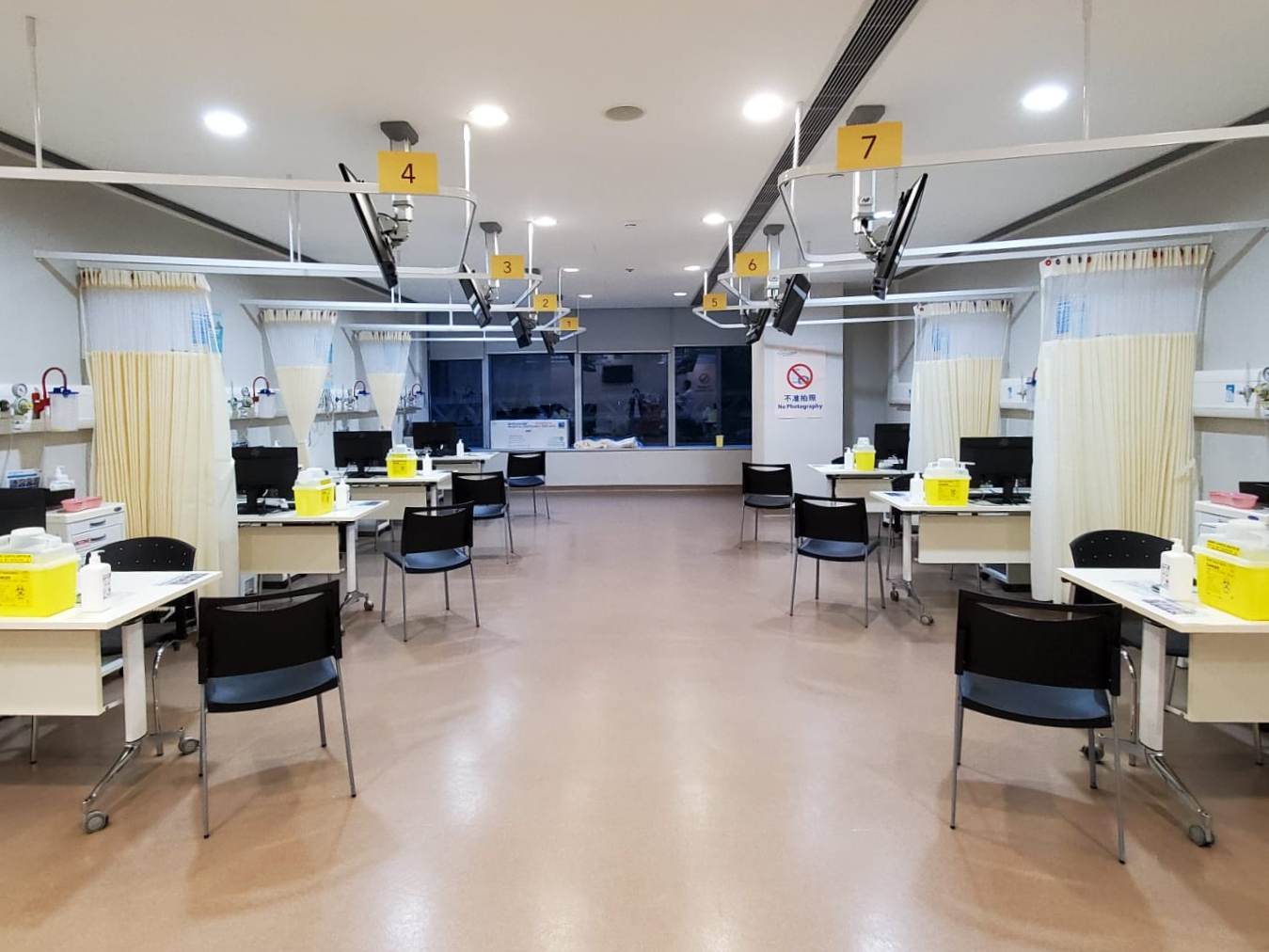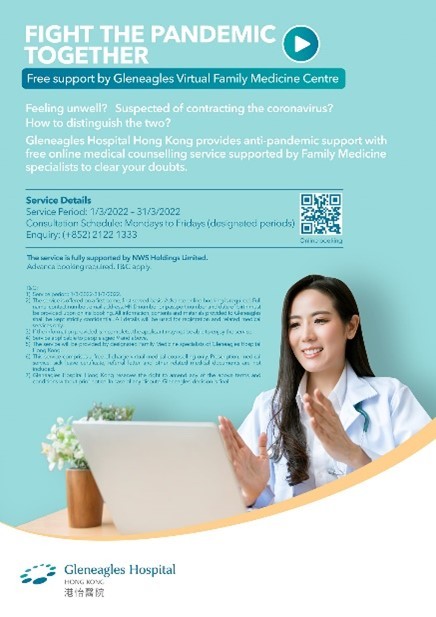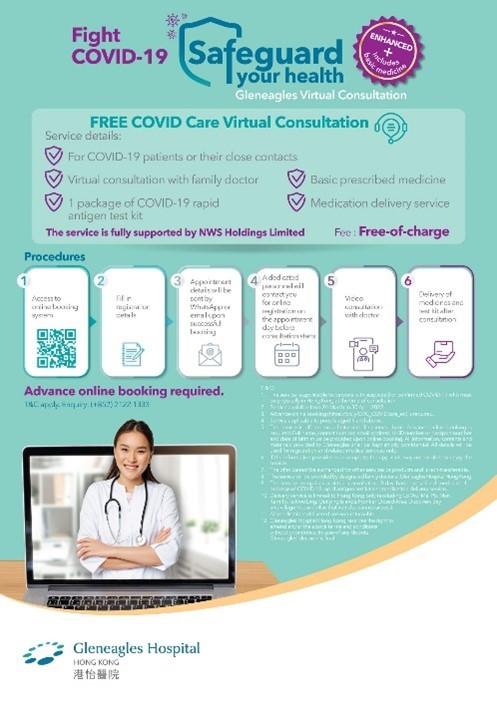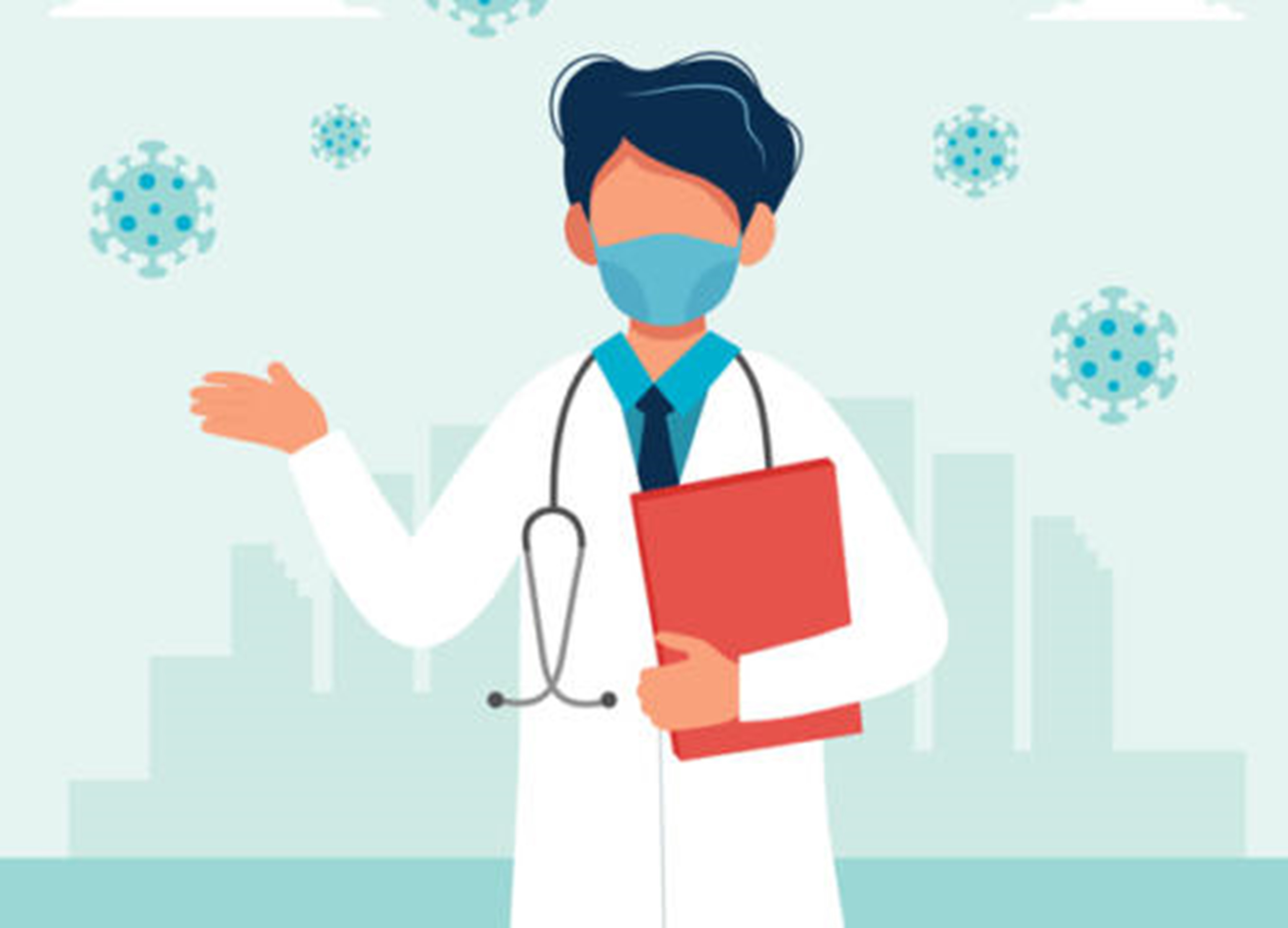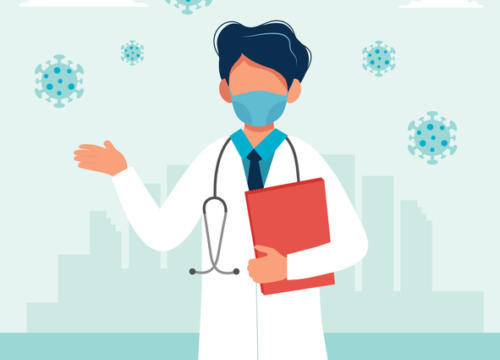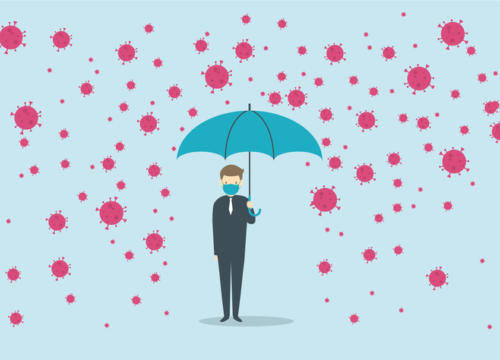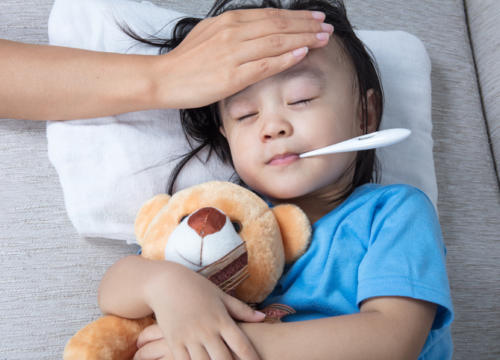SUPPORTING HK THROUGH CHALLENGING TIMES
VACCINATION AGAINST COVID-19
STAYING SAFE AS YOU REGAIN YOUR STRENGTH
While many regular activities and services in the city have been suspended amid this virus outbreak, as a healthcare provider, we remain committed in making sure that you will continue to receive prompt and quality care whenever you or your family need it.
Together with a team of infectious disease and infection prevention specialists, we have been enforcing a series of precautionary measures to allow us to provide you with a safe environment as we help you get better.
- Our “COVID-19 Response Team”, comprising hospital management and experts in the infectious disease and infection control, meets on a weekly basis to ensure the effective formulation and implementation of relevant policies and measures and that these are appropriate to the latest situation.
- The team also reviews and advises on emerging risks such that the hospital can act quickly to changing circumstances.
- Access control and screening
- Our access policy follows the Government’s latest travel restrictions and quarantine arrangements
- All persons are required to receive temperature and travel history screening at the designated entrances and observe personal hygiene measures such as wearing of surgical masks before entering the hospital
- All patients and visitors entering our outpatient clinics and 24-hr Outpatient & Emergency (24-hr OED) undergo full FTOCC screening (Fever, Travel, Occupation, Contact and Clustering)
- To protect low-risk patients from higher-risks groups, our 24-hr OED is sectioned into different zones to manage patients of different risk levels
- We also minimise risks to our inpatients and staff by adopting prudent screening of transfer cases from other hospitals, which may include pre-admission testing
- Facilities and hygiene measures
- All public facilities are thoroughly cleansed and disinfected on an ongoing basis
- All rooms are two-bedded or single-bedded, offering safe distancing and comfort for all
- Surgical masks and hand santitisers are provided to patients, visitors and doctors who need them for use in the hospital
- Screening and monitoring
- Our staff go through the same screening procedure as with patients and visitors before entering hospital
- We monitor staff sickness and travel history on a daily basis to help us identify early any possible risks
- Various staff arrangement policies, eg home isolation, are in place to help us make sure that
- Protective supplies
- All frontline, back-office and offsite staff are required to wear surgical masks at work
- Where appropriate to the nature of their duties, staff are provided with proper full protective gear such that they can take care of patients safely
- Handling of high-risk procedures
- In general, we have suspended high-risk clinical procedures that may pose infection risk to patients or staff. In situations when such is necessary, these are performed in isolation (negative pressure) rooms only
HOW SAFE IS IT WHEN I...
Visit the 24-hr outpatient and A&E
Give birth at Gleneagles
Go for an endoscopic procedure
Visit a specialist outpatient clinic
DID YOU KNOW?
HEALTHCARE MADE SAFER
TOMORROW MADE BETTER
PROTECTING YOURSELF AGAINST COVID-19
Health Tips from our Doctors and Healthcare Professionals
Is it okay to partially take off my mask when drinking water?
How to avoid kids touching dirty toilet lid?
How to safely reuse surgical masks?
Does disinfection product spraying your clothes helps?
Higher risk of infection for babies in strollers?
GENERAL HEALTH AND TRAVEL ADVICE
FREQUENTLY-ASKED QUESTIONS
According to information provided by the Mainland health authorities, symptoms of the cases include fever, malaise, dry cough and shortness of breath.
No. The symptoms of COVID-19 are similar in children and adults. However, children with confirmed COVID-19 have generally presented with mild symptoms. Reported symptoms in children include cold-like symptoms, such as fever, runny nose, and cough. Vomiting and diarrhea have also been reported. It’s not known yet whether some children may be at higher risk for severe illness, for example, children with underlying medical conditions and special healthcare needs. There is much more to be learned about how the disease impacts children.
References
Please visit the websites of Centre for Health Protection of the Department of Health and World Health Organisations for more information on COVID-19 and relevant guidelines.
Sources: Centre for Health Protection of the Department of Health, World Health Organization
Centre for Health Protection of the Department of Health
- Guidelines on prevention of coronavirus disease 2019 (COVID-19)
- Guidelines on hand hygiene
- Guidelines on using mask properly
- Guidelines for travellers
- Frequently Asked Questions





